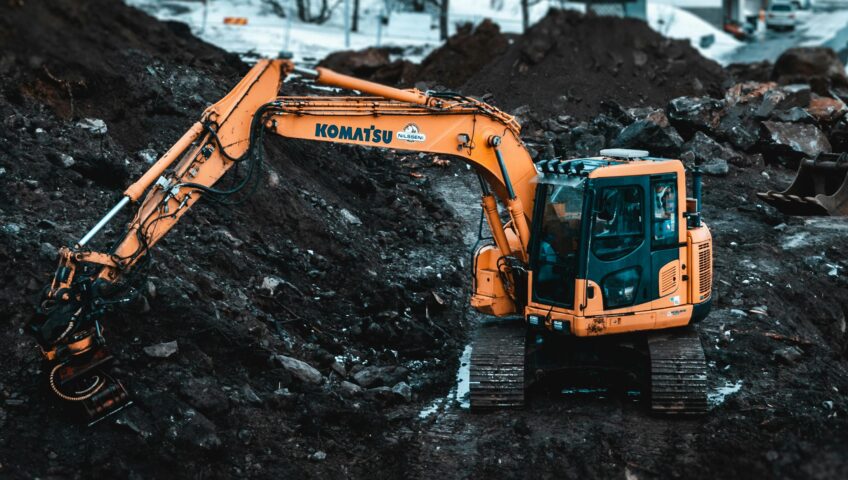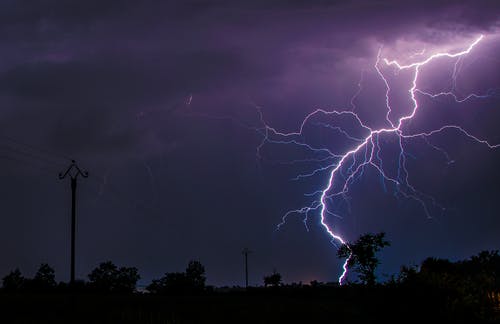April is National Safe Digging Month, a time dedicated to raising awareness about the potential dangers of digging without first detecting utility lines. Each year, countless injuries, fatalities, and property damage occur as a result of negligence in this area. To prevent such incidents, it is crucial to contact your state's 811 center before undertaking any digging activities.
The purpose of National Safe Digging Month is to educate the public about the importance of safe digging practices. By calling 811, individuals can request utility line locations, ensuring that they dig safely and avoid any potential harm. This simple step can save lives, prevent outages, and minimize costly penalties.
Digging without first detecting utility lines can have severe consequences. Damage to gas, electric, water, sewer, and telecommunications lines can disrupt essential services, causing inconvenience and potential hazards. Repairing these damages can be time-consuming and expensive, impacting not only the digger but also the entire community.
By promoting National Safe Digging Month, we aim to emphasize the significance of responsible digging. Whether you are a homeowner planning a landscaping project or a professional contractor working on a construction site, it is essential to prioritize safety and take the necessary precautions.
When planning a dig, start by reaching out to your state's 811 center. By providing them with the necessary information about your project, they can help identify any underground utility lines that may be present. This valuable service is free and can be accessed by simply dialing 811.
Once you have contacted the 811 center, they will notify the appropriate utility companies, who will then send representatives to mark the locations of their lines. These markings will indicate where it is safe to dig, helping you avoid potential hazards and costly damages.
Remember, it is essential to wait for the utility lines to be marked before starting any excavation work. Rushing into a project without proper detection can have severe consequences, both for your safety and the well-being of your community.
National Safe Digging Month serves as a reminder that responsible digging is everyone's responsibility. By raising awareness and promoting safe practices, we can prevent accidents, protect our infrastructure, and ensure a safer environment for all.
In conclusion, National Safe Digging Month is an important initiative that aims to educate individuals about the potential hazards of digging without first detecting utility lines. By contacting your state's 811 center, you can ensure a safe and successful dig, avoiding injuries, outages, and penalties. Let us all join hands in promoting safe digging practices and making our communities safer places to live and work.




